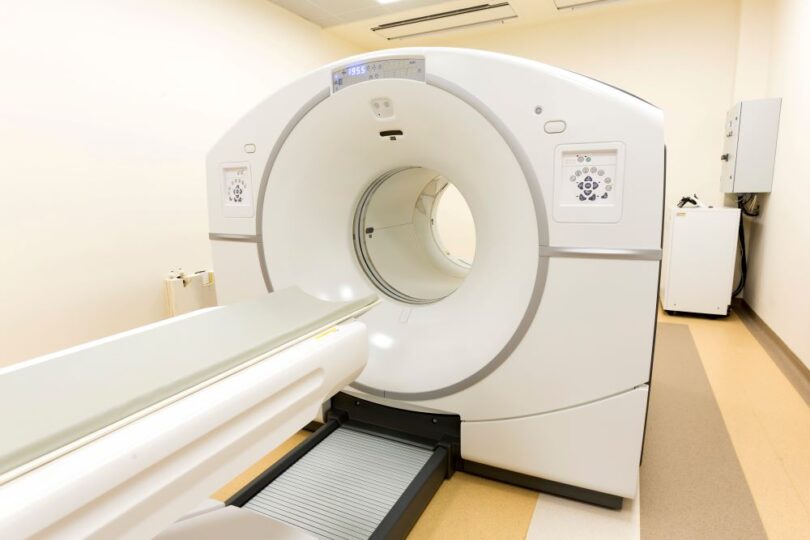Southlake Health has selected the Philips Ambition X MR with BlueSeal technology — a helium-free 1.5 T scanner integrated with AI and workflow automation — to modernise its diagnostic imaging services.
With a 70 cm bore, the system also aims to reduce claustrophobia and make scans more tolerable for patients.The hospital anticipates that the enhanced throughput will support rising demand: last year, Southlake completed over 20,700 MRI scans.
The technology is expected to enhance scheduling flexibility, accelerate diagnoses, and facilitate expansion of cardiac and therapeutic imaging services.
Globally, there are about 2,000 installations of BlueSeal systems. Combined, these installations have conserved approximately 5 million litres of helium — a finite resource often used in MRI cooling systems.
Southlake serves some of the fastest-growing and aging communities … this new MRI provides a more comfortable experience for patients, while also reducing scan times and improving image quality, said Lisa Thain, MD, Staff Radiologist & Clinical Director of MRI at Southlake Health.
She added that teams will now deliver diagnoses more confidently and efficiently.
Darran Fischer, Managing Director, Philips Canada, commented that the partnership underscores a shared dedication to patient-centred innovation and driving access to advanced diagnostics.
The implementation was made possible through philanthropic support via Southlake Health Foundation’s HERE is Where Cancer Meets its Match campaign.
Implications & Outlook
This collaboration marks a strategic step in hospital imaging modernisation. The adoption of AI-enabled MRI with helium-free cooling helps reduce operating costs (less helium usage, less downtime) while improving throughput and patient experience. It reinforces Southlake’s role as a technologically forward hospital network.
For Philips, the deployment strengthens its portfolio in sustainable, high-efficiency imaging platforms and further expands its installed base of BlueSeal systems.
Overall, the announcement aligns with key trends in medical technology: embedded AI in imaging, sustainable system design, and demand acceleration in diagnostics.
Hospitals globally may look to similar upgrades to mitigate scanner bottlenecks and enhance patient flow.








